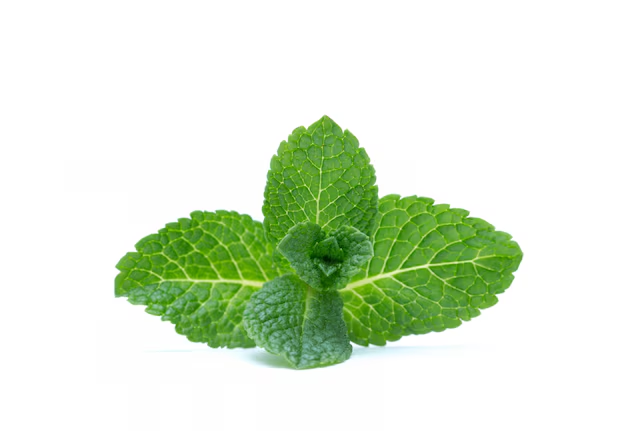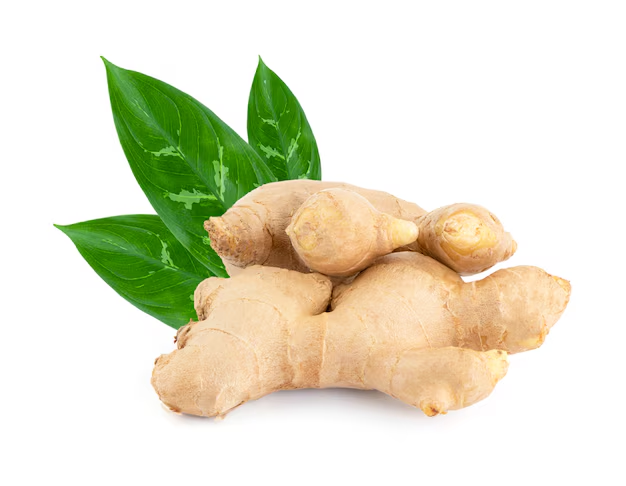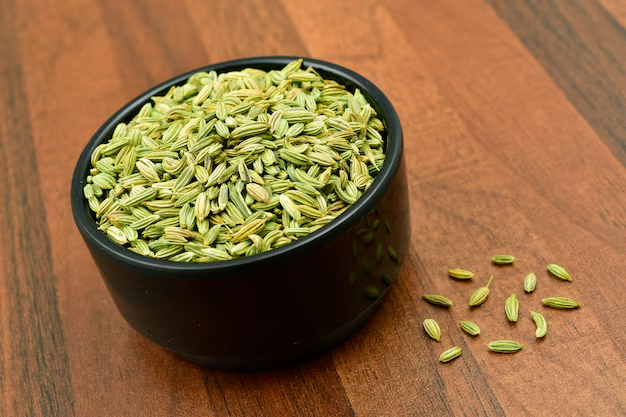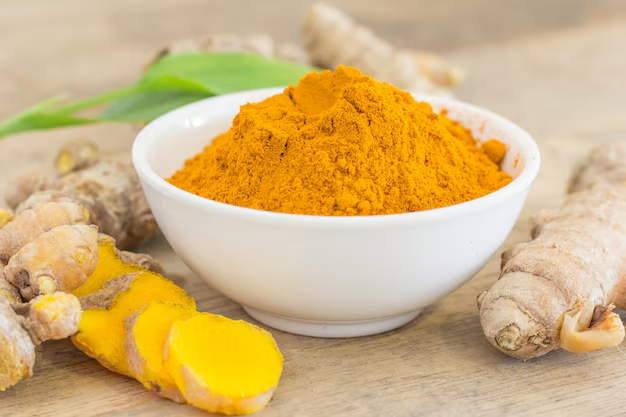Table of Contents
Digestive health is fundamental to overall well-being, affecting energy levels, immune function, and even mental health. Many people face digestive issues such as bloating, indigestion, or constipation, and while over-the-counter medications can provide temporary relief, herbal remedies offer a natural and sustainable solution.
Herbs have been used for centuries to support digestive health, offering benefits such as reducing inflammation, improving gut motility, and balancing stomach acids. This article delves into ten effective herbal remedies that can enhance digestive health and restore balance to your gastrointestinal system. By incorporating these natural remedies into your routine, you can alleviate discomfort and promote long-term digestive well-being.
1. Chamomile for Calming Digestive Discomfort
Chamomile is renowned for its soothing properties, making it a popular choice for managing stomach cramps, bloating, and indigestion.
- How It Works:
Chamomile contains antispasmodic properties that relax the muscles of the gastrointestinal tract, reducing discomfort and promoting better digestion. - Usage:
Brew chamomile tea by steeping dried flowers in hot water for 5-10 minutes. Drink before bed or after meals for best results.
Quick Tip: Chamomile also promotes relaxation, making it ideal for managing stress-related digestive issues.

2. Peppermint for Bloating and Gas
Peppermint is widely used to ease bloating, gas, and irritable bowel syndrome (IBS) symptoms.
- How It Works:
Menthol, a key component in peppermint, has antispasmodic effects that relax the intestinal muscles. - Usage:
- Drink peppermint tea after meals.
- Use enteric-coated peppermint oil capsules to avoid heartburn.
Quick Tip: Avoid peppermint if you have acid reflux, as it can aggravate symptoms.

3. Ginger for Indigestion and Nausea
Ginger is a powerful herb with anti-inflammatory and carminative properties, making it a go-to remedy for indigestion, nausea, and morning sickness.
- How It Works:
Gingerols and shogaols in ginger stimulate the digestive system and reduce inflammation. - Usage:
- Brew fresh ginger tea by simmering slices in water for 10 minutes.
- Chew a small piece of raw ginger before meals.
Quick Tip: Combine ginger with honey for an added soothing effect.

4. Fennel for Gas and Bloating Relief
Fennel seeds are excellent for relieving gas, bloating, and mild digestive discomfort.
- How It Works:
Fennel has carminative properties that help expel gas from the digestive tract. - Usage:
- Chew on a teaspoon of fennel seeds after meals.
- Make fennel tea by steeping crushed seeds in hot water.
Quick Tip: Use fennel seeds in cooking to enhance flavor and support digestion.

5. Licorice Root for Acid Reflux and Stomach Ulcers
Licorice root has been used for centuries to soothe inflammation and protect the stomach lining.
- How It Works:
Deglycyrrhizinated licorice (DGL) reduces acid production and supports the healing of ulcers. - Usage:
- Chew DGL tablets 20 minutes before meals.
- Avoid long-term use without consulting a doctor.
Quick Tip: Use DGL instead of regular licorice to avoid potential side effects like elevated blood pressure.
6. Turmeric for Inflammation and Gut Health
Turmeric is a potent anti-inflammatory herb that promotes digestive health by reducing inflammation in the gut lining.
- How It Works:
Curcumin, the active ingredient in turmeric, enhances bile production and supports the digestive process. - Usage:
- Add turmeric to meals or smoothies.
- Take curcumin supplements for targeted benefits.
Quick Tip: Pair turmeric with black pepper to improve absorption.

7. Aloe Vera for Acid Reflux and Constipation
Aloe vera juice is a natural remedy for soothing acid reflux, constipation, and inflammatory bowel conditions.
- How It Works:
Aloe vera contains compounds that reduce inflammation and improve bowel movements. - Usage:
- Drink 1/4 cup of aloe vera juice on an empty stomach.
- Use only food-grade aloe vera products.
Quick Tip: Avoid aloe vera in high doses to prevent potential side effects like diarrhea.

8. Dandelion Root for Detoxification and Digestion
Dandelion root supports liver health and aids in digestion by increasing bile production.
- How It Works:
The root acts as a natural diuretic and detoxifier, promoting waste elimination. - Usage:
- Brew dandelion tea by steeping the root in hot water.
- Use dandelion supplements as directed by a healthcare provider.
Quick Tip: Include dandelion greens in salads for added digestive benefits.
9. Cinnamon for Digestive Spasms and Flatulence
Cinnamon is a warming herb that helps reduce digestive spasms, flatulence, and discomfort.
- How It Works:
It improves blood flow to the digestive organs, enhancing digestion. - Usage:
- Sprinkle cinnamon on oatmeal or yogurt.
- Brew cinnamon tea with a stick or powder.
Quick Tip: Use Ceylon cinnamon for a milder, safer option.
10. Slippery Elm for Gut Lining Protection
Slippery elm is a soothing herb that forms a protective layer over the stomach lining, making it ideal for acid reflux and IBS.
- How It Works:
The mucilage in slippery elm coats the digestive tract, reducing irritation and promoting healing. - Usage:
- Mix slippery elm powder with water to create a soothing drink.
- Consume 1-2 hours before or after medications, as it may interfere with absorption.
Quick Tip: Combine slippery elm with honey for added relief.
Conclusion: Embrace Natural Remedies for Digestive Health
Herbal remedies for digestive health provide a natural, effective, and holistic approach to managing common gastrointestinal issues. From soothing herbs like chamomile and aloe vera to powerful anti-inflammatory options like turmeric and ginger, these natural solutions can improve gut health, alleviate discomfort, and support overall well-being.
Incorporating these remedies into your daily routine doesn’t just offer relief but also promotes long-term digestive wellness. Always consult a healthcare professional before starting any new herbal treatment, especially if you have existing medical conditions or are taking medications.
By choosing herbal remedies, you take a proactive step toward a healthier digestive system and a more balanced lifestyle.
FAQs
1. What are the best herbal remedies for digestive health?
Herbs like ginger, peppermint, chamomile, and turmeric are excellent for improving digestion, reducing inflammation, and relieving discomfort.
2. How does peppermint help with digestion?
Peppermint relaxes the muscles of the gastrointestinal tract, reducing bloating, gas, and symptoms of IBS.
3. Is aloe vera safe for improving digestion?
Yes, aloe vera juice can help cleanse the digestive system and alleviate constipation, but it should be consumed in moderation.
4. Can turmeric improve gut health?
Yes, turmeric’s anti-inflammatory properties can reduce gut inflammation and improve overall digestive function.
5. How often should I drink herbal teas for digestion?
Drinking herbal teas like ginger, chamomile, or peppermint 1-2 times daily can effectively support digestive health.
6. Are there side effects of using herbal remedies for digestion?
While most herbs are safe, some may cause allergies or interact with medications. Consult a doctor before use.
7. Can stress affect digestion?
Yes, stress can disrupt digestion. Herbs like holy basil and chamomile can reduce stress and improve gut health.
8. How does slippery elm help with digestion?
Slippery elm forms a protective coating on the stomach lining, reducing irritation and promoting healing.
9. Is licorice root good for acid reflux?
Yes, licorice root can soothe the stomach lining and reduce acid reflux symptoms.
10. How can fennel seeds help with digestion?
Fennel seeds reduce bloating and gas by relaxing gastrointestinal muscles, making them a popular post-meal remedy.
